Assad has lost the south. Russia evacuates bases from western Syria and the embassy from Damascus.
The Assad regime continues to lose territory at a breakneck pace amid the collapse of the entire army system. Thus, the Syrian opposition is still advancing in the northern part of the province of Homs in the countryside and has reached the outskirts of the city of Homs. At the same time, witnesses on the ground say that the Assadites have begun to evacuate from Homs. Some of them are moving to Damascus, while others are moving with their families to the Latakia coast.

Russian aviation has been desperately trying to halt the advance of the rebel forces. However, reports on the ground indicate that logistics remain the biggest constraint.
It is also reported that the Russians have begun evacuating their bases in western Syria. In particular, it is the withdrawal of air defense units from Masiyaf. This facility has been repeatedly targeted by Israeli air forces on suspicion of developing advanced and chemical weapons. The embassies of Russia and Iran in Damascus also received evacuation orders. Calls for citizens of these countries to flee were made yesterday.
In eastern Syria, the Assadites hastily withdrew from the cities of Deir ez-Zor and al-Mayadeen to the west, and Iran’s Iraqi and Afghan mercenaries left the city of Albuqamal in the direction of Iraq, while the Syrian Democratic Forces advanced into the province of Deir ez-Zor and took control of the Deir ez-Zor military airport. According to the SDF spokesman, the seizure of control is aimed at preventing ISIS from filling the power vacuum. However, the US B-52s in the sky seem to hint that it is not just about the Islamic State.

In southern Syria, the Syrian opposition announced the creation of a separate joint operational headquarters for the rebels of the south and yesterday they took control of the provincial centers of Daraa and Suwayda. They have reportedly seized military bases, police stations, and released prisoners from Assad’s prisons. Their movement is so rapid that there are reports of clashes on the outskirts of Damascus.
The only place where Assad still retains power is Quneitra. It is interesting how the events in this small province will continue to unfold, given that the Russians have recently deployed at least ten of their observation posts with personnel in the Golan. There have been no reports of their evacuation, although the rebels already control the border with Israel. It is said that the Russians have turned to the Israelis for protection, which seems strange, since they had been acting against Israel in the Golan. In short, we are watching the situation unfold.
The Free Syrian Army forces, a Syrian armed group under US auspices deployed in the 55-kilometer Al-Tanf zone on the border with Jordan, have moved towards the strategically important cities of Palmyra and Al-Sukhna in Syria’s Badia in central Syria. This move was a preemptive action by the US Central Command to prevent these two cities, which contain large stockpiles of weapons, from falling into ISIS hands in light of the withdrawal of Assad’s forces from the region. Their advance is just as rapid.

In the north, Kurdish forces took control of the Assadist enclaves in the towns of Hasakeh and Qamishli without a fight. They did not put up a fight, they just scattered. The fate of the Russians at the bases in these places was not announced. But remembering the Kurds’ lenient attitude toward the katsaps, we can assume that they were simply allowed to leave.

In turn, pro-Turkish forces have announced plans to capture Manbij, and even some developments began with the withdrawal of Russian forces from Ayn al-Arab, on the Turkish border. It is possible that the pro-Turkish forces are being held back by some political risks – Erdogan does not need a picture of massive Kurdish resettlement to the east amid claims of “genocide.” It is also possible that they are trying to resolve the issue peacefully, same as in Aleppo.

On the international scene, Russia’s spokeswoman said that Assad’s problems did not concern her. And Iran is failing to get any support. Yesterday, as expected, the Iraqi Prime Minister confirmed during a meeting with the Iranian and Syrian foreign ministers in Baghdad that Iraq supported the Syrian side in the humanitarian and diplomatic fields. However, this political reaction was not what Tehran was counting on. Its numerous proxies in Iraq will remain in place. It is argued that the “Syrian situation” would significantly shake Iran’s influence in Iraq among its Shiite supporters, and that might bring the Iraqi opposition to the fore.
Moreover, Iran fears that the “Syrian earthquake” will lead to a loss of Iran’s positions not only in Iraq, but also in Lebanon. This was reported by a member of the Iranian Parliament Ahmad Naderi.
In Ankara, in a clear statement, Turkish President Erdogan confirmed that the Syrian opposition was aimed at Damascus and would not stop there. This statement was perceived as mocking Assad. It is believed that Turkey’s role in the events in southern Syria was overstated. Turkey will now focus on northern Syria, where, in light of discussions between Turkish officials and Trump’s entourage, the withdrawal of US forces from northeastern Syria is expected.
In Israel, Netanyahu has held two emergency security meetings in the last 48 hours regarding the events in Syria. Israel is watching with concern in three areas. First, the chemical and strategic weapons possessed by the Assad regime and the fear that the armed Syrian opposition will control them. Secondly, Iranian proxies and Hezbollah could take advantage of the chaos and move weapons and missiles into Lebanon. Third, the Syrian-Israeli border.
Yesterday, it was reported that Israeli warplanes had targeted several crossing points on the Syrian-Lebanese border in the Qusayr area southwest of Homs to prevent any movement of Hezbollah to and from Syria. It is expected that Israel already has a plan for when the Syrian opposition approaches Damascus or Masiyaf. The Netanyahu government is also said to have given the green light to the Israeli Defense Forces to establish a safe zone in the Quneitra province in southern Syria.

SUPPORT MILITARNYI
Even a single donation or a $1 subscription will help us contnue working and developing. Fund independent military media and have access to credible information.


 Вероніка Грищенко
Вероніка Грищенко 
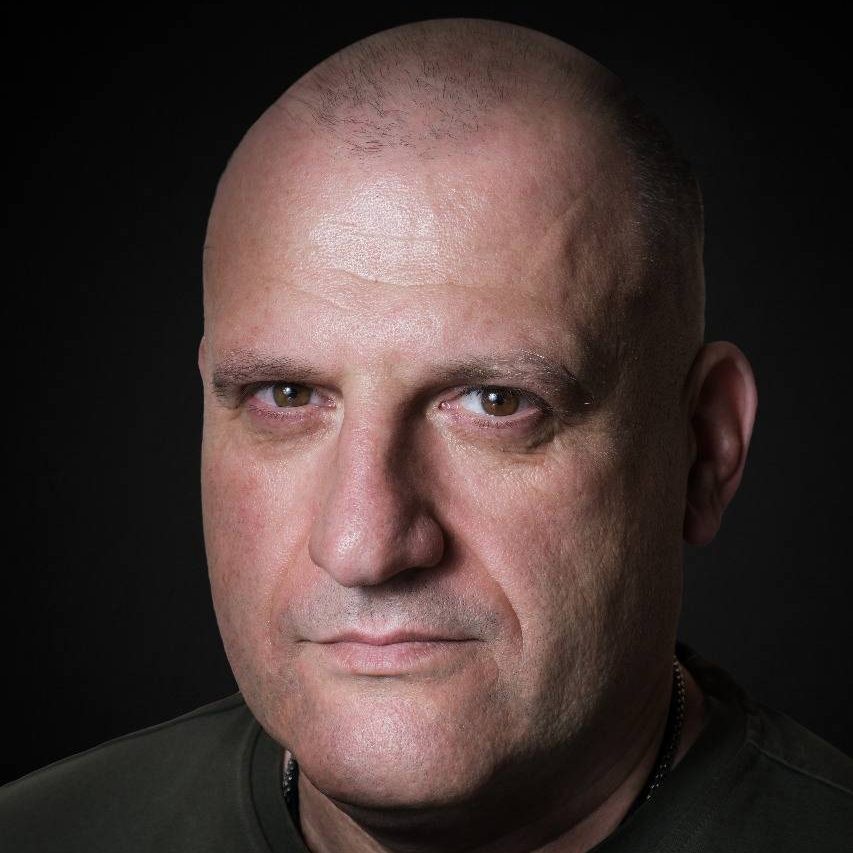 Андрій Соколов
Андрій Соколов 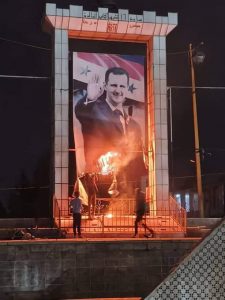
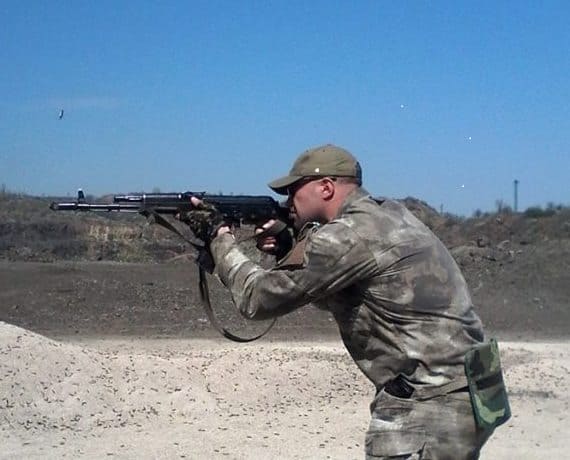 Urich
Urich 
 Андрій Харук
Андрій Харук 
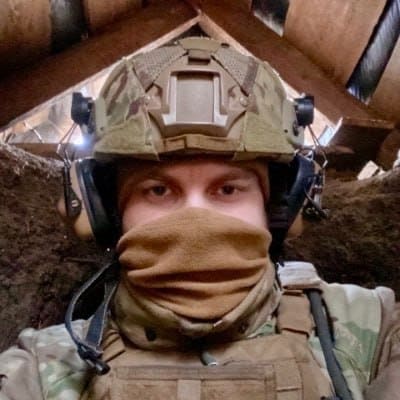 Контужений Безпілотник
Контужений Безпілотник 
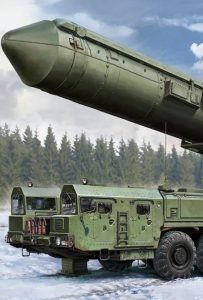
 Центр ініціатив ПЖ
Центр ініціатив ПЖ 
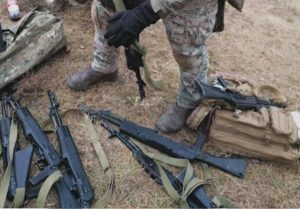


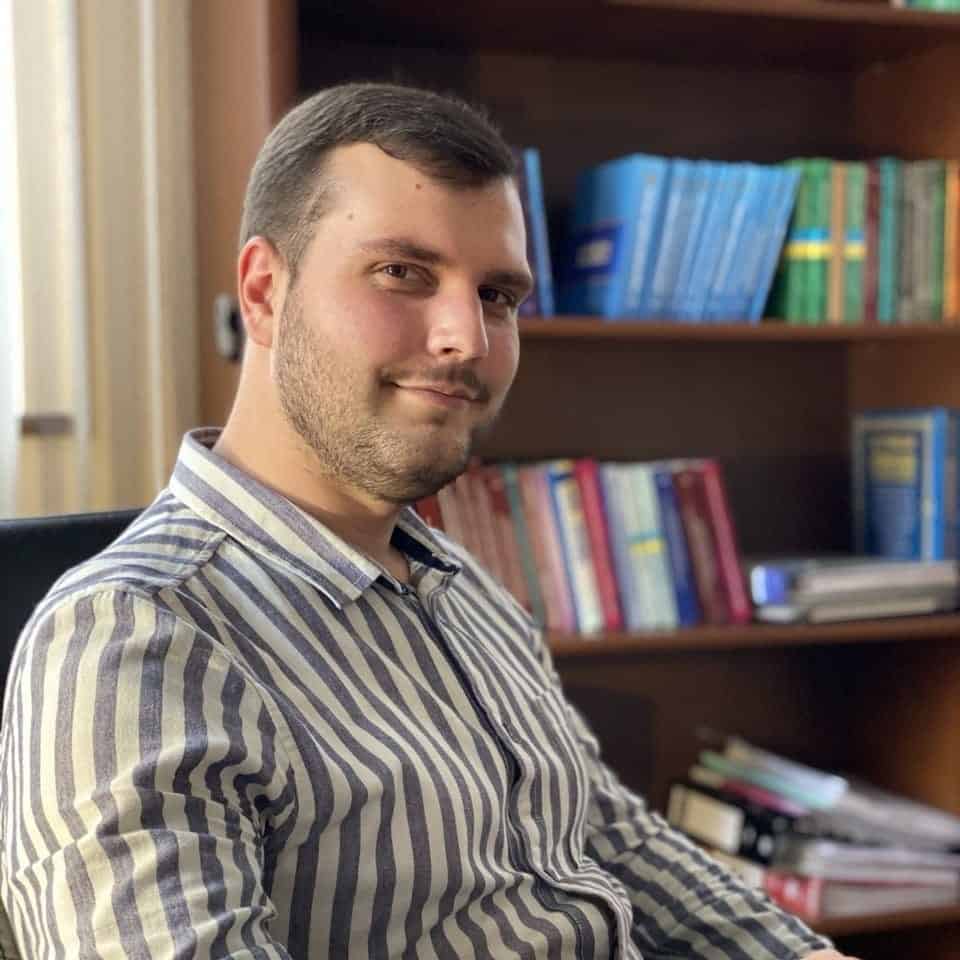 Vadim Kushnikov
Vadim Kushnikov 
 Андрій Тарасенко
Андрій Тарасенко 
 Юрій Юзич
Юрій Юзич 






